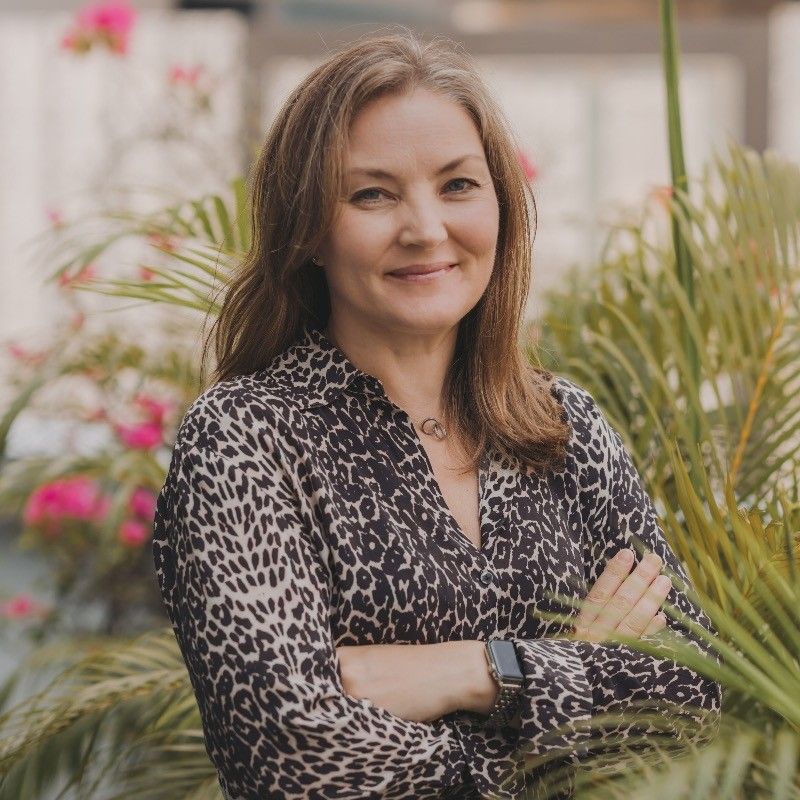
With the launch of a new Vaseline Transition Body Lotion designed by Lonsdale Singapore, the agency’s strategy team explored how brands can create lasting impact by authentically resonating with niche communities. After two years of close collaboration with the transgender community in Thailand, this product embodies the power of aligning brand purpose with real-world needs in a bold, perennial and meaningful way. Lonsdale’s managing director, Nadia Romanis, describes how brands can create community change.
For decades, brands have touted their purpose as a beacon of social good. Yet, their promises often fell flat – too vague, too top-down and lacking real proof. This has eroded their credibility, leaving behind a trail of mistrust and increasingly ‘brand-proof’ consumers.
A new path forward may lie in a community-driven approach. Communities offer brands a chance to regain trust, but only if they can truly resonate with real community needs. This shift requires both moral and business courage, as well as a deep understanding of the unwritten rules of these communities. The potential rewards are great, but so are the risks.
Can brands repurpose themselves and make a real positive impact by empowering communities as strategic partners?
The undervalued power of communities
Addressing communities – and even more so, minorities – offers brands a path to rebuild credibility on sound ground. A community is more than just a target market; it’s a group of real people united by shared values, symbols and struggles. A minority, as a micro-community, has even stronger bonds due to their collective resilience. These groups are invaluable sources of collective intelligence and inspiration, both from a brand and business perspective.
Though often on the fringes of society, minorities have historically sparked mass cultural phenomena. The LGBTQ+ community, through decades of activism, has reshaped societal views on gender identity, inclusion and beyond. Started as a grassroots protest against racial injustice, the BLM (Black Lives Matter) movement evolved into a global force for civil rights. Similarly, the vegan movement, once considered niche, has brought plant-based products into mainstream supermarkets worldwide.
Brands like Samsung and JBL illustrate how business and brand strategies can resonate with communities. Samsung’s Impulse AI assistant has empowered over 100 million individuals with speech disorders, while JBL’s Quantum Guide Play has made first-person shooter games accessible to more than 50 million visually impaired gamers. When brands genuinely engage with specific communities, they can create a positive ripple effect that enhances both their purpose and their bottom line.
Walking on thin ice: The risks of missteps
Tackling communities or micro-communities isn’t without risks. Brands walk a fine line between authenticity and tokenism, and if they misstep, they risk alienating or stigmatizing the very people they claim to support. Take the Bud Light boycott of April 2023 as a prime example – the brand faced fierce backlash after collaborating with a transgender influencer, as many felt it was exploiting the LGBTQ+ cause for its own profit and image. This led to a significant drop in sales and a nationwide controversy, demonstrating how quickly public sentiment can turn when brands are seen as insincere.
It’s not about simplistic clichés, like throwing a rainbow logo on a product during Pride Month or waving a pink ribbon. Genuine engagement should be rooted in the respect for the community’s identity and the fine understanding of what makes it unique.
The community-brand resonance
The way forward for brands is clear: they need to work with communities they naturally resonate with. Real impact comes from permeability – a brand’s willingness to listen, learn and solve real needs, from the ground up.
It’s time for brands to address pain points, break down taboos, give voice to issues that matter deeply to the communities they wish to serve. LG integrated an AI air conditioning solution dealing with menopause, while Vuokkoset conceived a gender-neutral menstruation range of products. This is where change begins.
Brands should accept to integrate a non-commercial dimension in their initiatives. By showing they’re not solely driven by profit, they can build strong connections with the communities they engage with. Lasting trust and credibility come from perennial actions, not just one-off communication stunts.
Time to be bold
As political influence fades, brands have the opportunity – and responsibility – to lead the positive transformation of the world we live in. This demands boldness: brands must courageously listen to their communities and forge genuine relationships starting at the grassroots level. By doing so, they not only amplify the voices of these groups but also reflect broader social issues.
Community-driven innovation is what sets bold brands apart. When a brand’s purpose resonates with the voice and values of communities it serves, it can foster significant business growth while creating meaningful change. By deeply connecting with specific communities, brands can honour their commitments and drive transformation, realigning their purpose with real-world impact.
Published by Transform Magazine.

